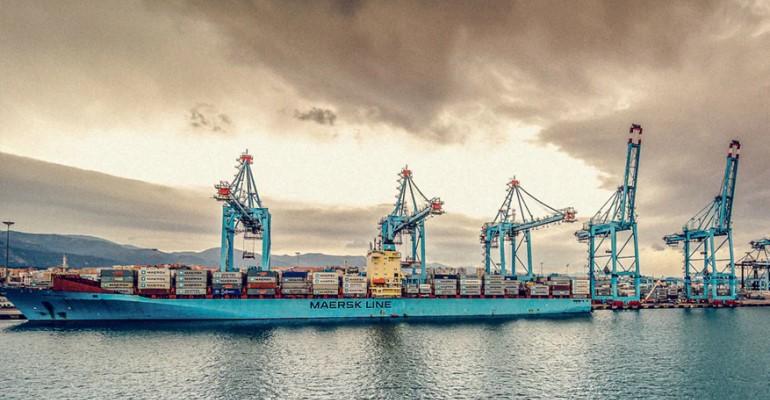Jeddah Islamic Port, King Abdulaziz Port, and Jubail Commercial Port will be included in the new Maersk service, and will be linked to six ports across the Middle East: Tangier, Port Said, Salalah, Duqm, Jebel Ali, and Doha.
The service is slated to start from June with seven vessels deployed providing a capacity of 8,500 teu.
Maersk announced the launch of Al Maha in May 2023, aimed at boosting connectivity for Saudi industries. "Petrochemical exports from Saudi Arabia have traditionally faced challenges either from either a cost or capacity perspective with existing ocean transportation options. The Al Maha service will offer loading flexibility from Saudi Eastern Province, enabling customers to reshuffle between Dammam and Jubail, providing ample capacity to cater for customers’ needs and with more reliable schedules allowing better planning of their supply chains. The Al Maha service will offer further connections to European, Middle Eastern and Far Eastern markets for the petrochemical exporters out of Saudi Arabia," Maersk said.
"Over the last few years, reliable and predictable supply chains that cater to the evolving consumer behaviours have emerged as the backbone of global trade. Having carefully studied our customers’ requirements arising out of the current market dynamics, we have designed the Al Maha service that will help our customers in driving value out of their supply chains," said Bhavan Vempati, Head of Regional Ocean Management, Maersk Indian Subcontinent, Middle East and Africa.
"Adding new cargo connections is key to the Kingdom’s ambition of enhancing its global maritime connectivity besides positioning its trade hubs as an enabler of sustainable economic development and diversification as laid out in the National Transport and Logistics Strategy (NTLS)," said Mawani.
Copyright © 2024. All rights reserved. Seatrade, a trading name of Informa Markets (UK) Limited.
Add Seatrade Maritime News to your Google News feed.  |

